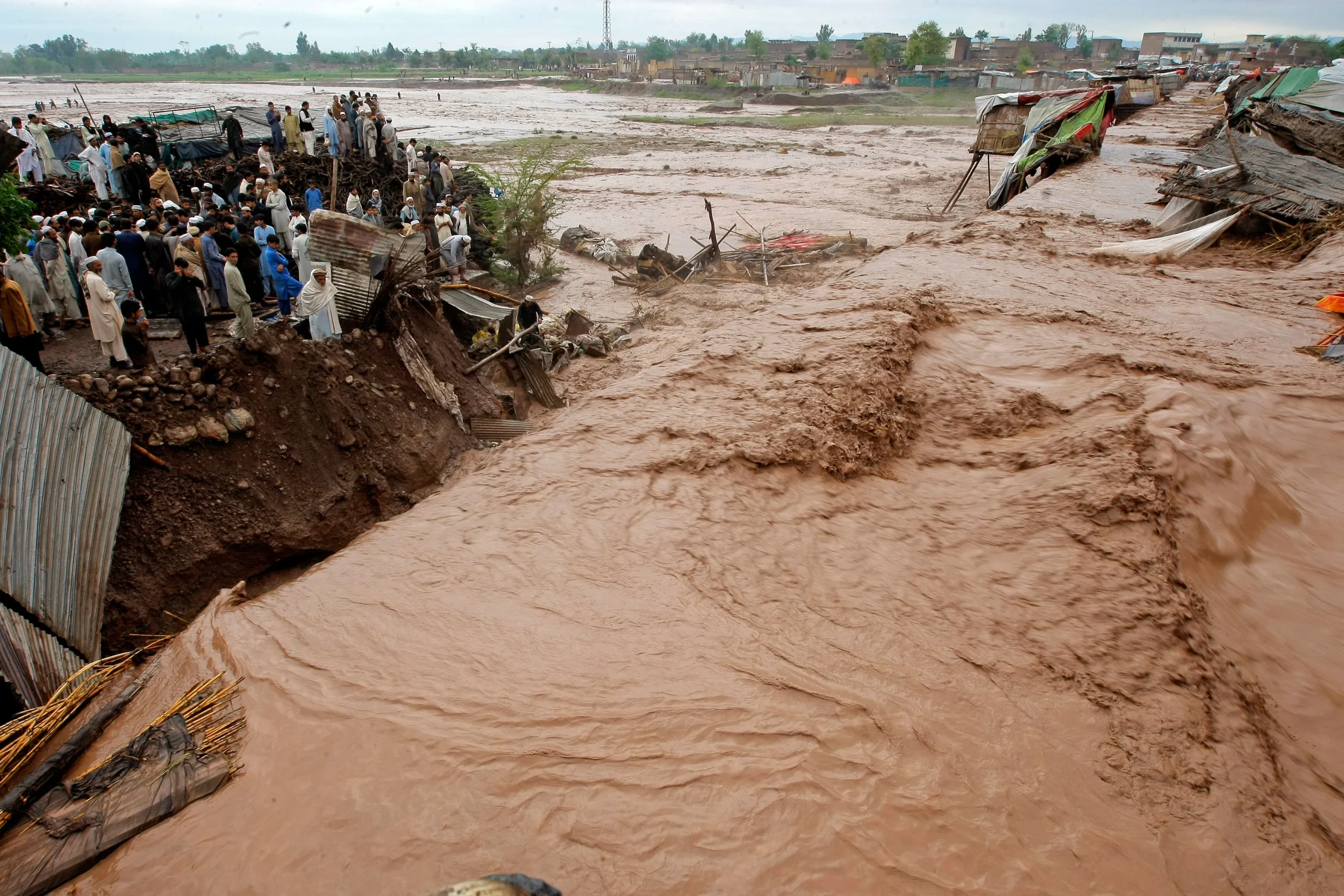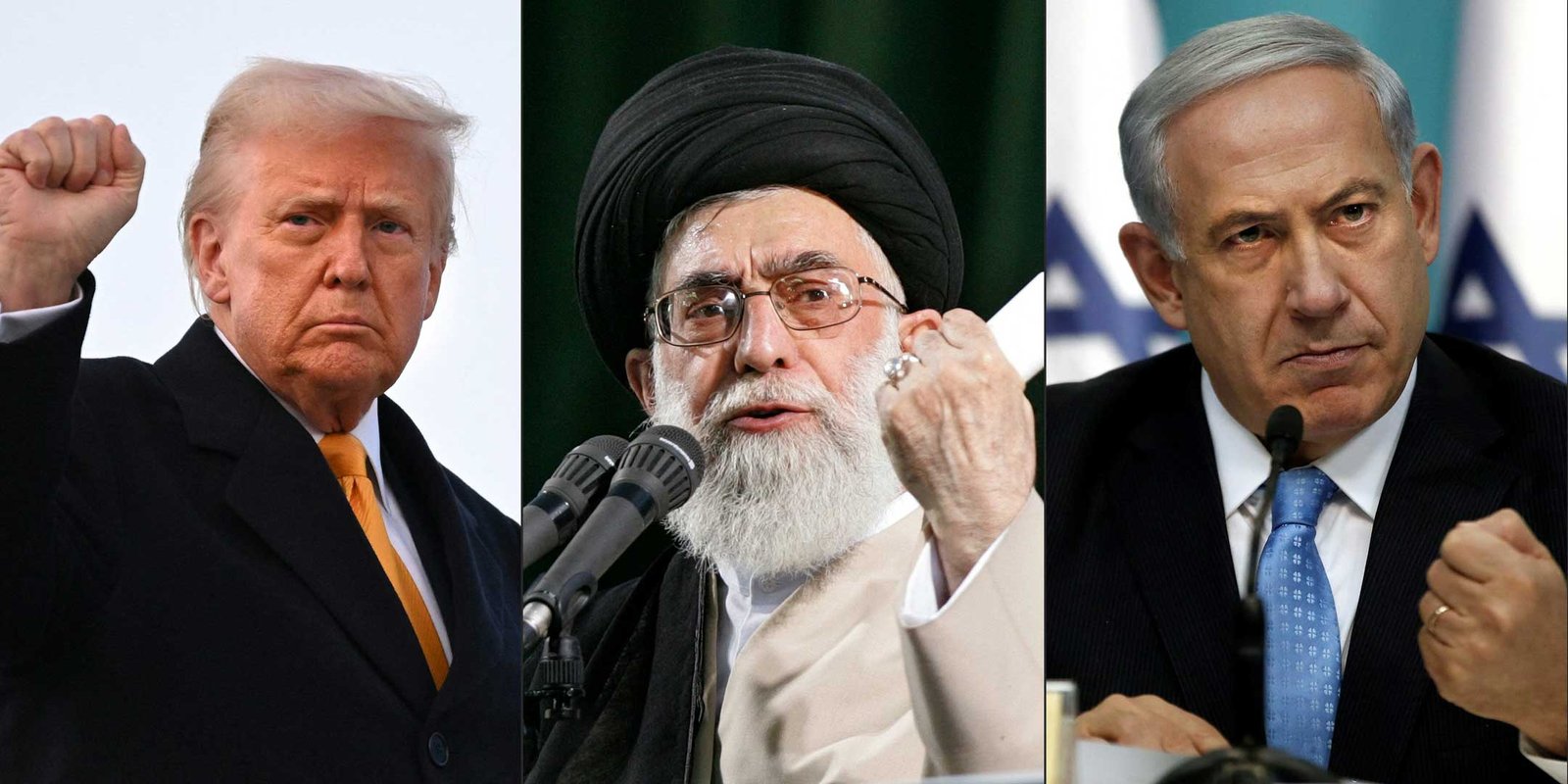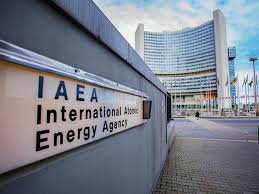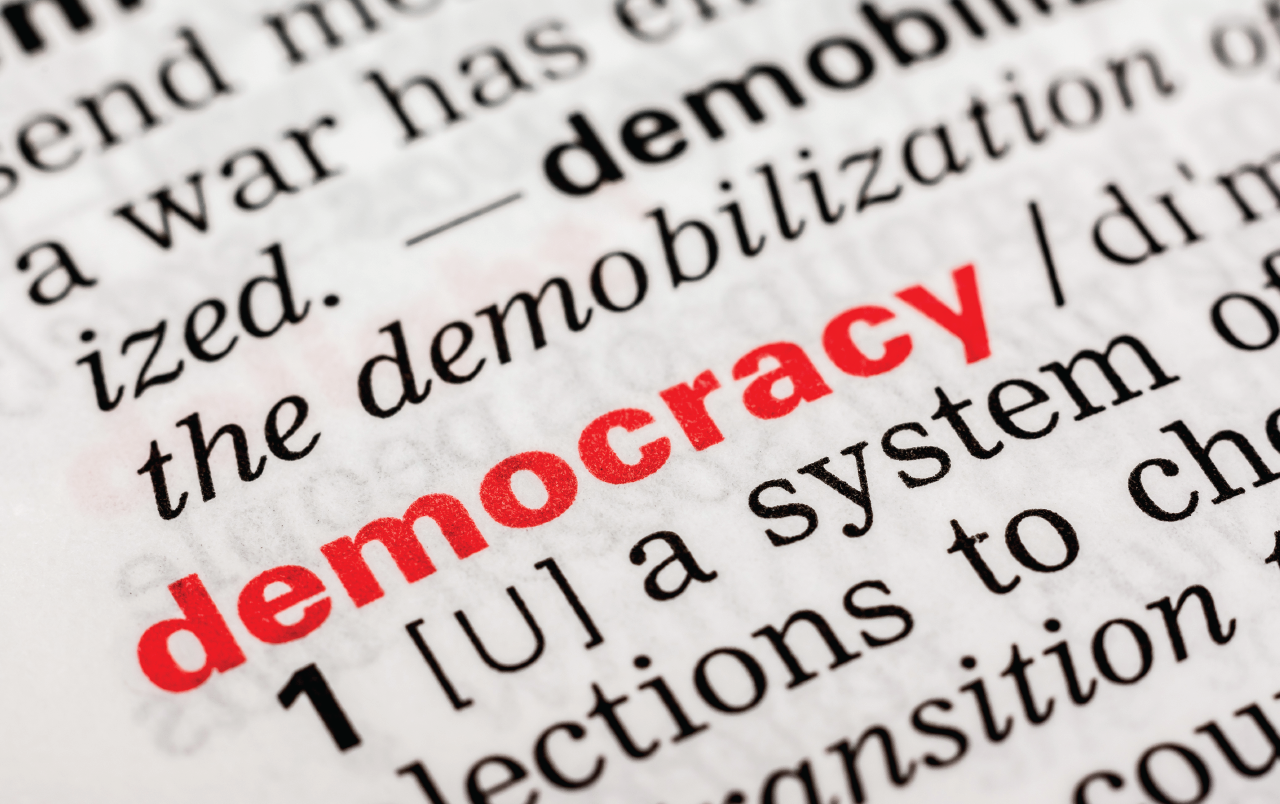Editorial
As monsoon rains lash parts of Pakistan, triggering flash floods and claiming dozens of lives, the country’s climate change minister has raised a stark alarm—not just about environmental collapse, but about global injustice. Musadiq Malik’s powerful assertion that this is “a crisis of justice” rather than merely a climate crisis points to a deeper, systemic failure in how the world allocates climate funding.
At least 32 lives have been lost in Punjab and Khyber Pakhtunkhwa in the early days of the 2025 monsoon season. This tragedy comes on the heels of extreme weather events earlier in the year, including violent hailstorms, deadly heatwaves, and ongoing glacier melt. Pakistan, already one of the most climate-vulnerable countries, is grappling with recurring disasters—despite contributing less than 0.5% to global CO2 emissions.
Please, subscribe to the YouTube channel of republicpolicy.com for quality content.
The 2025 Climate Risk Index ranks Pakistan as the most affected country based on data from 2022, the year when a third of the country was submerged, affecting over 33 million people and causing nearly $30 billion in losses. Yet, global climate finance continues to ignore such devastation. Malik criticized the “lopsided allocation” of green funds, highlighting that 85% of global climate finance flows to just 10 nations—those also responsible for the lion’s share of emissions—while countries like Pakistan are left scrambling for resources.
Despite promises of $10 billion in aid after the 2022 floods, Pakistan has received only a fraction—$2.8 billion so far. The IMF’s recent $1.3 billion resilience loan over 28 months barely scratches the surface of what’s needed. A former central bank head estimated an annual requirement of $40-50 billion to adapt to the looming climate threat.
Meanwhile, melting glaciers threaten ancient civilizations, infrastructure, and water security. The human cost is enormous—displaced communities, destroyed healthcare and education infrastructure, and soaring infant mortality. Amnesty International recently condemned Pakistan’s inadequate disaster response, especially for vulnerable groups like children and the elderly.
Without urgent global action and equitable climate financing, Pakistan’s suffering will only deepen—victimized not just by nature, but by a global system failing its moral obligation.

















